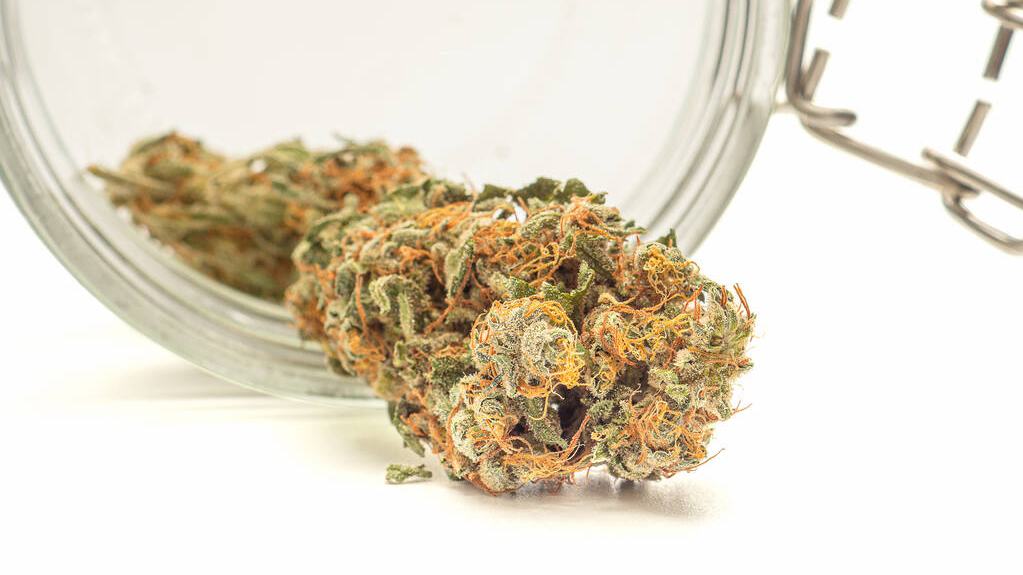North Carolina’s push to legalize recreational marijuana has gained significant momentum this year, with more support from both the state legislature and the governor’s office than ever before.

A bill that would legalize adult-use cannabis has now garnered over 20 sponsors—more than any similar proposal has received in previous years, and the governor has expressed more of an openness than any governor before him.
Although marijuana remains illegal for recreational use in North Carolina, the level of legislative backing for legalization has grown steadily in recent sessions. In years past, legalization bills struggled to secure even a dozen sponsors. This year, however, the momentum has clearly shifted, with 24 lawmakers across both chambers signing on to support the effort.
The bill would legalize the possession and use of marijuana for adults 21 and older, while establishing a regulated system for licensed sales. It also includes provisions for home cultivation and addresses social equity, including expungement of past low-level marijuana convictions.
The growing legislative support comes as Governor Josh Stein recently announced the formation of a new task force focused on cannabis policy. The advisory group has been tasked with examining a potential framework for legalizing marijuana for adult use, while also addressing the unregulated hemp-derived THC market that has expanded rapidly in recent years.
In announcing the task force, Governor Stein pointed to concerns about youth access to intoxicating hemp products, as well as the need for a regulated system that provides clear rules for consumers and businesses. The task force includes lawmakers from both parties, public health experts, law enforcement, and industry stakeholders. Its recommendations are expected to be delivered before the end of the year.
While legalization still faces significant hurdles in a state where marijuana reform has historically been slow-moving, the developments in 2025 suggest the tide may be turning. The combination of a governor-led task force and a record number of legislative sponsors has brought more attention to the issue than ever before. Proponents are hopeful that even if recreational cannabis isn’t possible in the next year or two, the momentum behind it could push lawmakers to at least enact a reasonable medical cannabis program, something the state has toyed with for years.
North Carolina remains one of the few states in the South without a comprehensive medical marijuana program, let alone a recreational market. However, the creation of the advisory group and growing support for full legalization indicate that the state is inching closer to joining the growing list of states embracing legal marijuana.
Even if the bill fails to pass this session, the shift in political momentum is clear. Legalization is no longer a fringe idea in North Carolina’s legislature—it’s a serious policy discussion with growing interest and institutional support.







